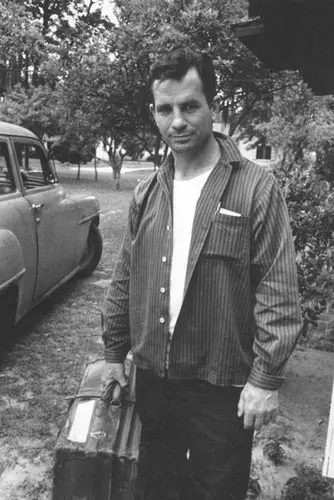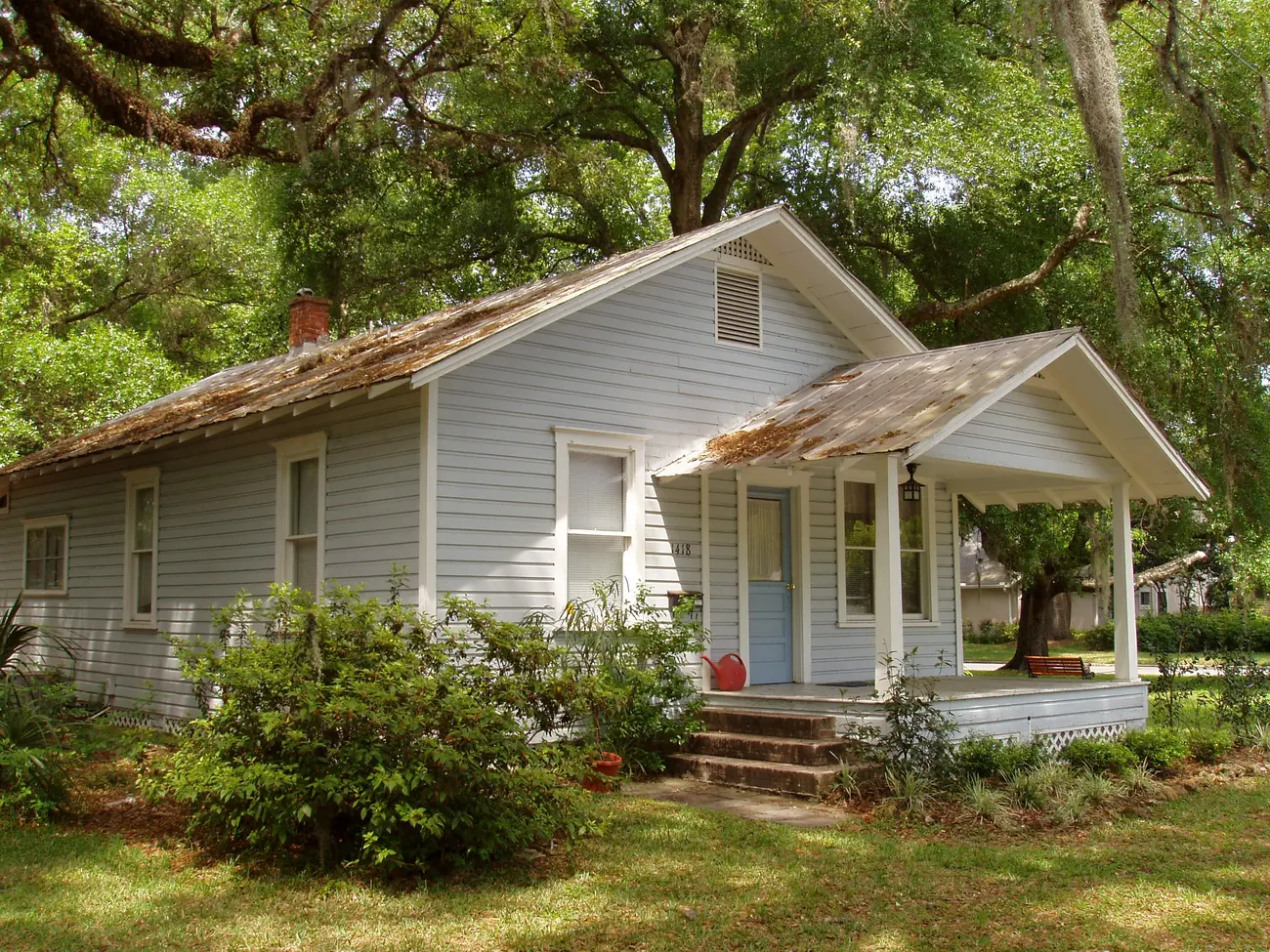Before the Hippie Movement of the 1960s promoted expanded consciousness, sexual freedom, and a widespread questioning of authority in American popular culture, the Beat Generation of the 1950s led a counterculture movement of their own.
The term “Beat Generation” brings to mind the City Lights Bookstore and Vesuvio Café in San Francisco, or poetry readings at smoky jazz clubs in New York, but it was in Florida that the leading writer of the movement, the man who coined that phrase, did some of his most important work.
Jack Kerouac is considered to be one of the most significant and influential writers of his generation. He was a primary figure of the Beat movement along with poet Allen Ginsberg and novelist William S. Burroughs.
Kerouac was living in Orlando when he found out that his seminal novel “On the Road” was going to be published. The semi-autobiographical work follows narrator Sal Paradise as he travels across the country and into Mexico with Dean Moriarty and other friends as they indulge in drinking, drugs, and sex while being inspired by jazz music and the possibilities of adventure while traveling into the unknown.
“Florida played a crucial role in Jack Kerouac’s career, especially because it represents his transformation from this 35-year-old nomadic nobody, this shy writer from Lowell, Massachusetts, to literally, the bard of the Beat Generation,” says Bob Kealing, broadcast journalist and author of the book “Kerouac in Florida: Where the Road Ends.”
“He made his last edits to ‘On the Road’ here in College Park, in northwest Orlando. He also wrote his follow-up ‘The Dharma Bums’ here in the Historic Kerouac House, and his last prolific period was here in Orlando in 1957 and into 1958. He wrote dozens of letters and poems and he was finally seeing success, and it really energized him,” says Kealing.
Today, the Orlando home where Kerouac was most prolific is designated as an historic landmark, and functions as a temporary residence for aspiring writers.
In the late 1990s, Kealing discovered that Kerouac had lived in the 1926 cottage at 1418 Clouser Avenue in Orlando. After leading the effort to save and refurbish the house, Kealing helped to establish the not-for-profit Kerouac Project in the fall of 2000, to provide three month residencies for promising writers. The writers-in-residence live rent free and are provided a stipend for food, so they can focus on their work.
The Beat Generation writers are recognized as leaders of an American counterculture movement and influential precursors to the Hippies, but their work has not been universally embraced. Truman Capote famously criticized Kerouac’s free form style of writing, saying, “That’s not writing, it’s typing.”
Bob Kealing points out that following World War II, the United States entered a period of prosperity characterized by a proliferation of prefabricated suburban communities. Soldiers returning from the war started families in these new neighborhoods, establishing a conventional, modern, “normal,” American existence.
The Beat Generation was looking for something different.
“There was a certain class of literary types, including Kerouac, including Ginsberg, who were looking for another path, if you will, a creative path. The Beats really freed up Post-World War II America to pursue non-traditional lifestyles, for better or worse, to celebrate the search for one’s own road,” says Kealing.
Kerouac’s own search for fulfillment led down a rocky road. With the exception of his mother and last wife Stella, Kerouac’s alcoholism strained most of his personal relationships to the point of breaking. He had hoped to build a communal home in Orlando to include his sister Caroline and her family, but that never happened. Caroline died in 1964 and is buried in Orlando’s Greenwood Cemetery.
Jack Kerouac died in 1969 at the age of 47, in St. Petersburg, Florida, but his work lives on.
“Kerouac’s work, especially ‘On the Road,’ really is a love letter to the West, and to finding one’s own road out there,” says Kealing. “I think that’s why it resonates so much in the United States, but also around the world, because of this Romantic notion of travel and wanderlust, and seeing what’s out there. I think that’s why the Beats continue to strike a chord even around the world today.”
Dr. Ben Brotemarkle is executive director of the Florida Historical Society and host of the radio program “Florida Frontiers,” broadcast locally on 90.7 WMFE Thursday evenings at 6:30 and Sunday afternoons at 4:00, and on 89.5 WFIT Sunday mornings at 7:00. The show can be heard online at myfloridahistory.org.

